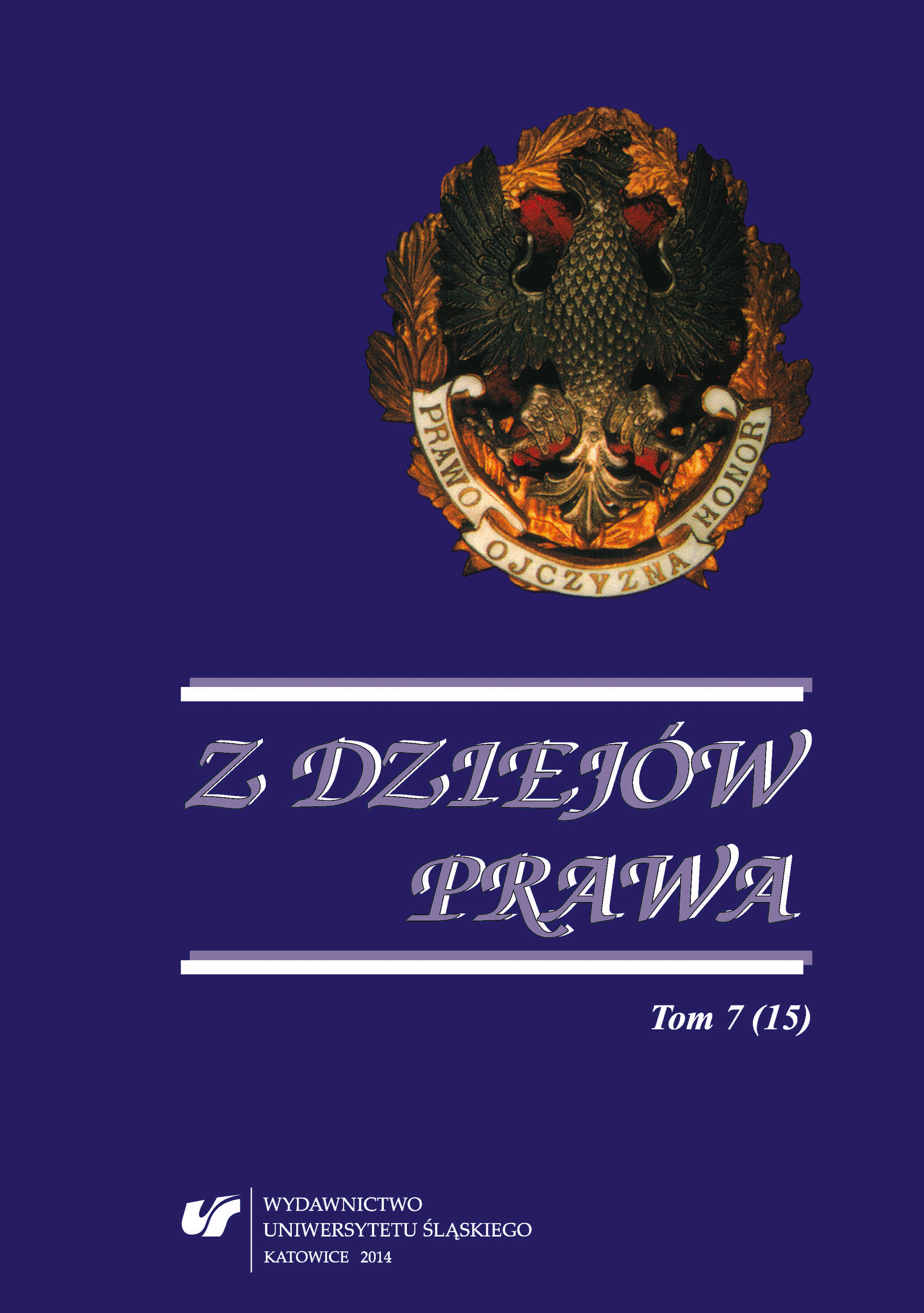Wojskowy wymiar sprawiedliwości II RP wobec działalności komunistycznej w armii — tzw. smutne procesy
The Military Judiciary in the Second Polish Republic in the Face of the Communist Activity in the Army: the Sad Trials
Author(s): Tomasz SzczygiełSubject(s): Law, Constitution, Jurisprudence
Published by: Wydawnictwo Uniwersytetu Śląskiego
Summary/Abstract: Although the Peace of Riga brought an end to the military conflict between Poland and the Bolshevik Russia, the conflict continued on a different plane. Espionage, subversion, and propaganda perpetuated by the communist activists became the new area of conflict between the two countries. Military and political secret services of the USSR were able to exploit the Polish communist movement in order to achieve their own goals. In the light of those practices, both the Polish secret services and the military judiciary were under an obligation to respond. The latter could not tolerate communism within the ranks; thus, the charges of espionage, high treason, or insubordination had become an inherent part of the military judiciary practice of that time. The fight with the communist movement within the military was aided by public safety authorities and military counter-intelligence, which manifested in the trials in the form of opinions of legal experts or interviews included in the files. The communist movement, on the other hand, made every effort to ensure that the military criminal proceedings did not achieve the desired effect, establishing special guidelines in the case of an investigation.
Journal: Z Dziejów Prawa
- Issue Year: 15/2014
- Issue No: 7
- Page Range: 143-166
- Page Count: 24

